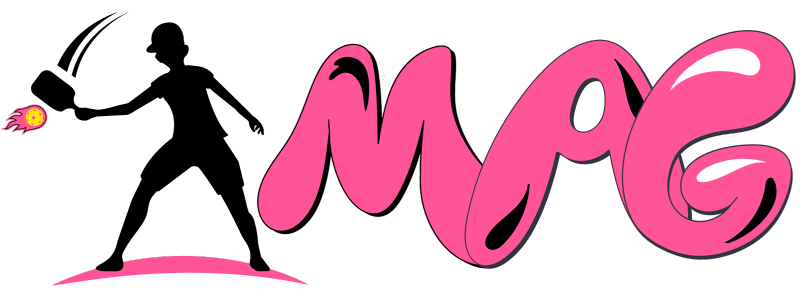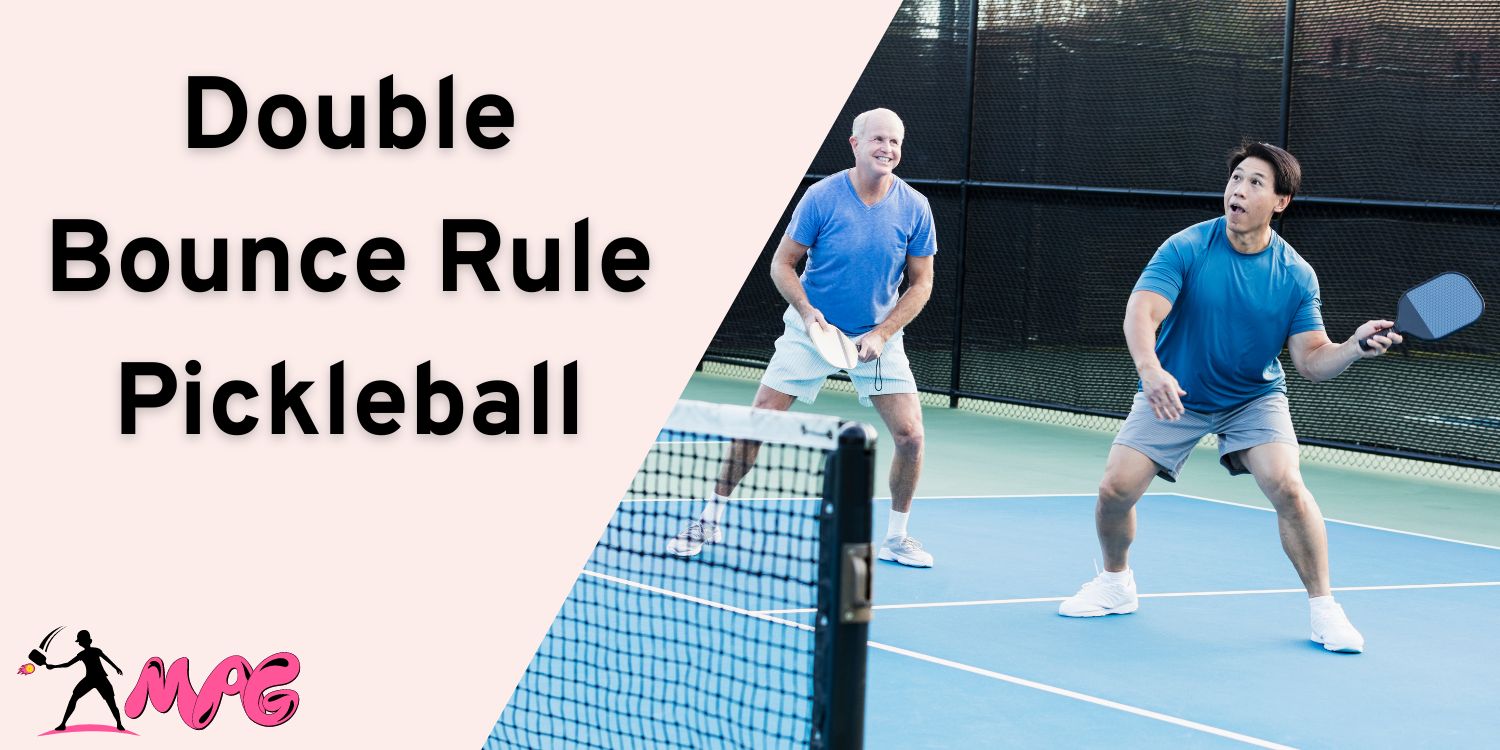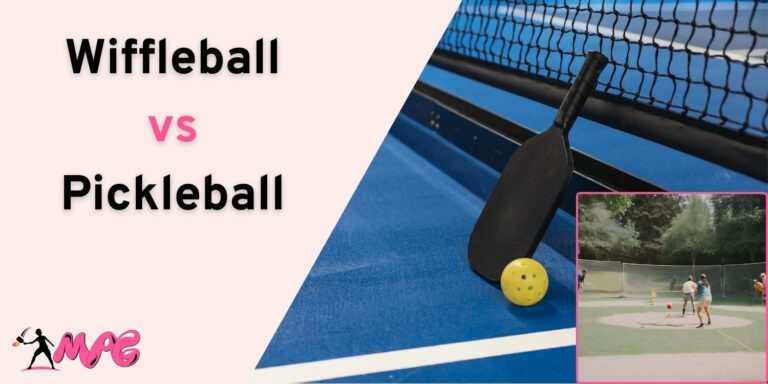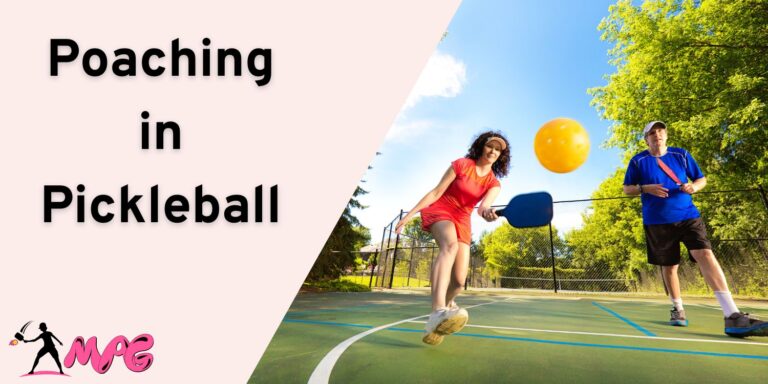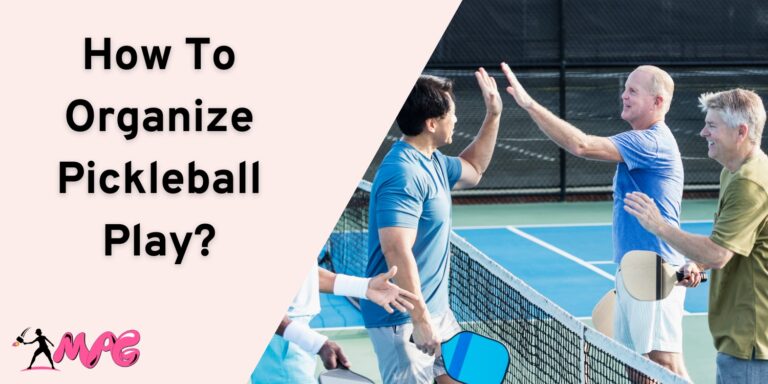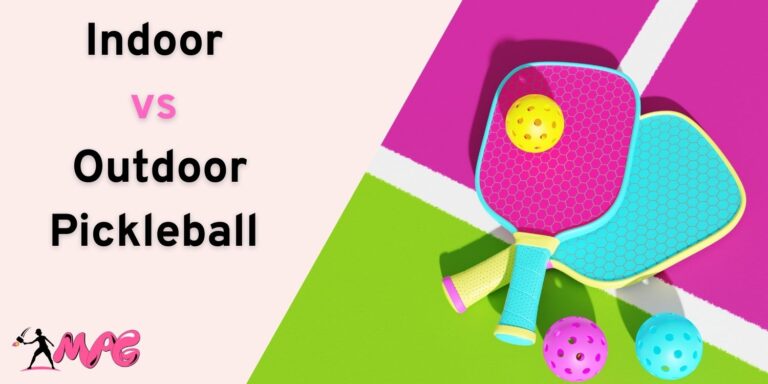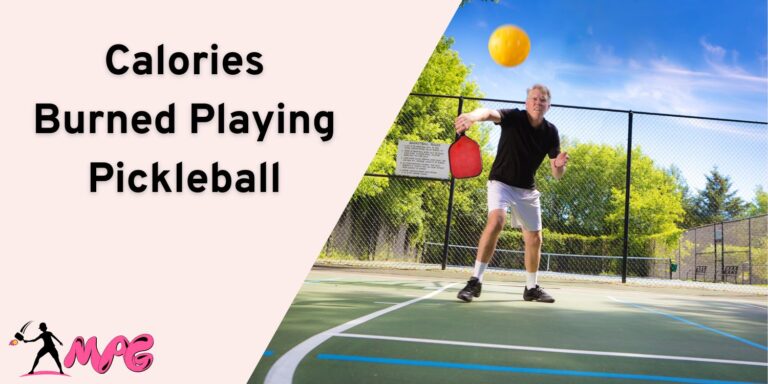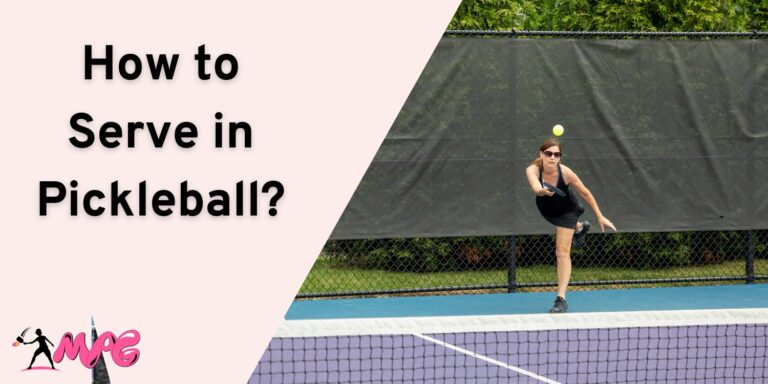Double Bounce Rule Pickleball Explanation
Even though Pickleball, is created from a variation of other likewise sports, it still inherits the fair play essence of those games by keeping it simple and fair.
And that’s exactly why it has seen exponential growth in popularity as it highly caters to both casual and professional athletes since the rules don’t really incline towards the server or receiver to create unfair Advantage.
Out of a multitude of rules, the Double Bounce Rule is a great instance as it illuminates a profound yet fundamental proof that both server and receiver will have a balanced initiating phase when stepping into the court.
Now that you know the reason for the implementation, here is the Double Bounce Rule Pickleball Explanation, allow me to discuss it in detail down below.
What Exactly Is The Double Bounce Rule In Pickleball?
Double Bounce Rule can be implemented in both single and double format and usually requires both the server and the receiver to bounce the ball at their side of the court before hitting it.
When initiating a serve, a ball must cross the net and land into the zone of your opponent after they can volley it towards the server zone.
Once the ball is landed on the server side, you must allow the ball to bounce back.
Each player hitting the ball before it makes contact with the ground will be penalized through “Fault” which results in points for the other opposing team.
Reason For Implementation
Without Double Bounce Rule implementation, the serving side would quickly volley the ball whenever it would return, giving very little for the receiver to react.
This rule keeps the game fair and slow, to create an ideal situation for players even if they aren’t really good at volleying.
It prevents unnecessary aggression at the initial phase so that both sides can adapt and evolve with balanced momentum from both sides.
Double Bounce Rule highly aids beginners especially whenever they are playing in a single format because it doesn’t put them in an awkward spot during maneuvering.
Additional Benefits Of Double Bounce Rules
Here are some other ways players can “passively” benefit from this policy.
1. Minimizes Toxicity
At its core, Pickleball is meant to be played in a slow, casual, and leisurely fashion. There is virtually no reason to become “sweaty” or take things too hardcore when playing this game.
It’s a game of love and fun and unnecessary aggression usually eliminates that factor which paves the way for toxicity across the court and such sort of behavior is never welcomed, in fact, it’s frowned upon.
2. Enjoyment Factor
A sport can only attain an audience and players if it has welcoming mechanics and fair rules. Nobody likes a one-sided game as it takes away the enjoyment factor.
To keep the game casual and playful, the double bounce rule highly amplifies the fun factor so that everyone regardless of age can play it without feeling restricted.
3. Lower Learning Curving
It also highly benefits beginners and casual players alike because they can easily practice on the court and learn to adapt to the maneuvering process without getting scrutinized with faults or penalties.
4. Opens Route For Opportunities
To keep both the spectators and the players playing the game, the utilization of variation in this sport keeps them captivated since it is enticing to see a player execute a strategy that keeps the opponent on edge.
While the double bounce rule allows players to take it slow, on the other it paves the way to tons of variations and strategies to be implemented especially in doubles format where one player can serve diagonally while the other volleys the ball Through the net.
Bottom Line
If you are a rookie or getting into this sport, it is wise to acknowledge the intricacies of its rules and regulations.
Make sure you learn one thing at a time to prevent yourself from getting overwhelmed by it. That being said, the above-mentioned “Double ball rule explanation” was free from any form of confusion and you have benefited from it to the full extent.
Feel free to comment below if you have any other queries or suggestions in your mind, I would be much obliged to sort you out.
